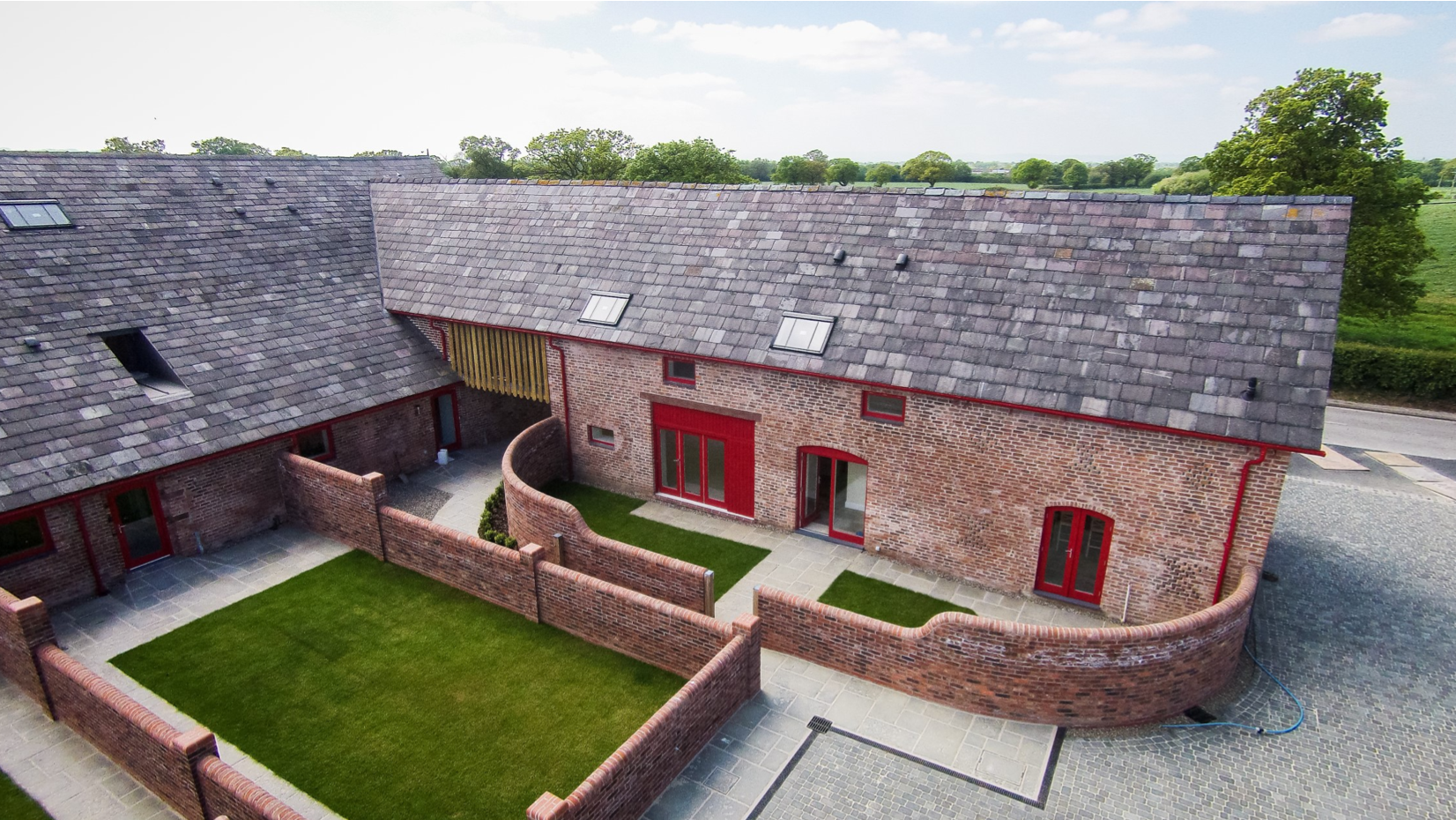
Jan 08, 2024
Welcome to the often-frustrating world of obtaining planning permission in the United Kingdom. Sometimes local planning rules make sense while other times it just seems like rules are far too fussy. Unfortunately, when it comes to planning consent, no matter how keen you are to transform your home, rules and regulations may well scupper your plans.
Property development is often a journey filled with considerations and potential roadblocks, and, as we always say, a well-thought-out plan is essential. Many projects succeed, but there are certain factors that could lead to a dreaded refusal. So, let’s delve into these seven factors that might put a spanner in the works of your dream project.
Inadequate Site Design and Layout
Design and layout—the bread and butter of any development. Local planning authorities have a discerning eye for this. Submitting plans that don’t blend seamlessly with the surroundings or clash with local aesthetics might earn you a refusal. So, always think harmony and integration.
Overlooking Conservation Areas and Listed Buildings
Think of this as a respectful nod to history. Plans that threaten to trample on conservation areas or listed buildings will face more than some raised eyebrows. Preserving the charm of these places is a priority for the planning authorities, and rightly so in most cases.
Lack of Consideration for Neighbours
Good neighbours are always nice to have, particularly when it comes to getting planning approval. Neglecting how your development affects those next door is a common pitfall. Loss of sunlight, invasion of privacy, and a bit too much noise? Take a moment to assess and address these concerns in your application.
Contravention of Local Planning Policies
Every area has its rulebook, and it’s wise to follow it. Ignoring or forgetting the local planning policies—whether about housing density, green spaces, or other criteria—might land you in refusal territory. It’s like showing up to a party without knowing the dress code.
Environmental Concerns
Mother Nature is the ultimate judge these days. Planning authorities are increasingly leaning towards sustainable development and environmental conservation – again rightly so. Proposals that don’t align with these principles—think inadequate drainage or neglecting local ecosystems—may face rejection.
Traffic and Parking Issues
If your project throws a wrench into local traffic flow or worsens parking woes, be prepared for some resistance. Offering solid solutions to these concerns can, however, improve your chances of a green light to your plans.
Flooding and Drainage Challenges
Climate change concerns are rising, and so are concerns about flooding. Proposals in flood-prone areas or lacking proper drainage solutions might meet some opposition. Robust plans to manage water runoff and keep floods at bay are essential.
Engage with the Local Community
It’s not just a project; it’s a community affair. Consulting with neighbours and local communities early on, addressing concerns, and incorporating their feedback can turn potential naysayers into supporters.
Professional Consultation
Sometimes you need a guide through the planning jungle. Seeking advice from planning consultants or architects with local experience can be your compass. Let their expertise navigate you through local regulations and improve application.
Be Thorough in the Application
Details matter. Ensure your planning application is a comprehensive dossier, addressing all concerns and providing detailed plans for every nook and cranny of your development. Again, a good local architect can help with this.
In conclusion, getting planning permission in the UK is a bit like a delicate dance, you have to know the steps to succeed. With careful consideration, community engagement, and professional guidance, you can increase your chances of turning your dream project into a reality. Happy planning!